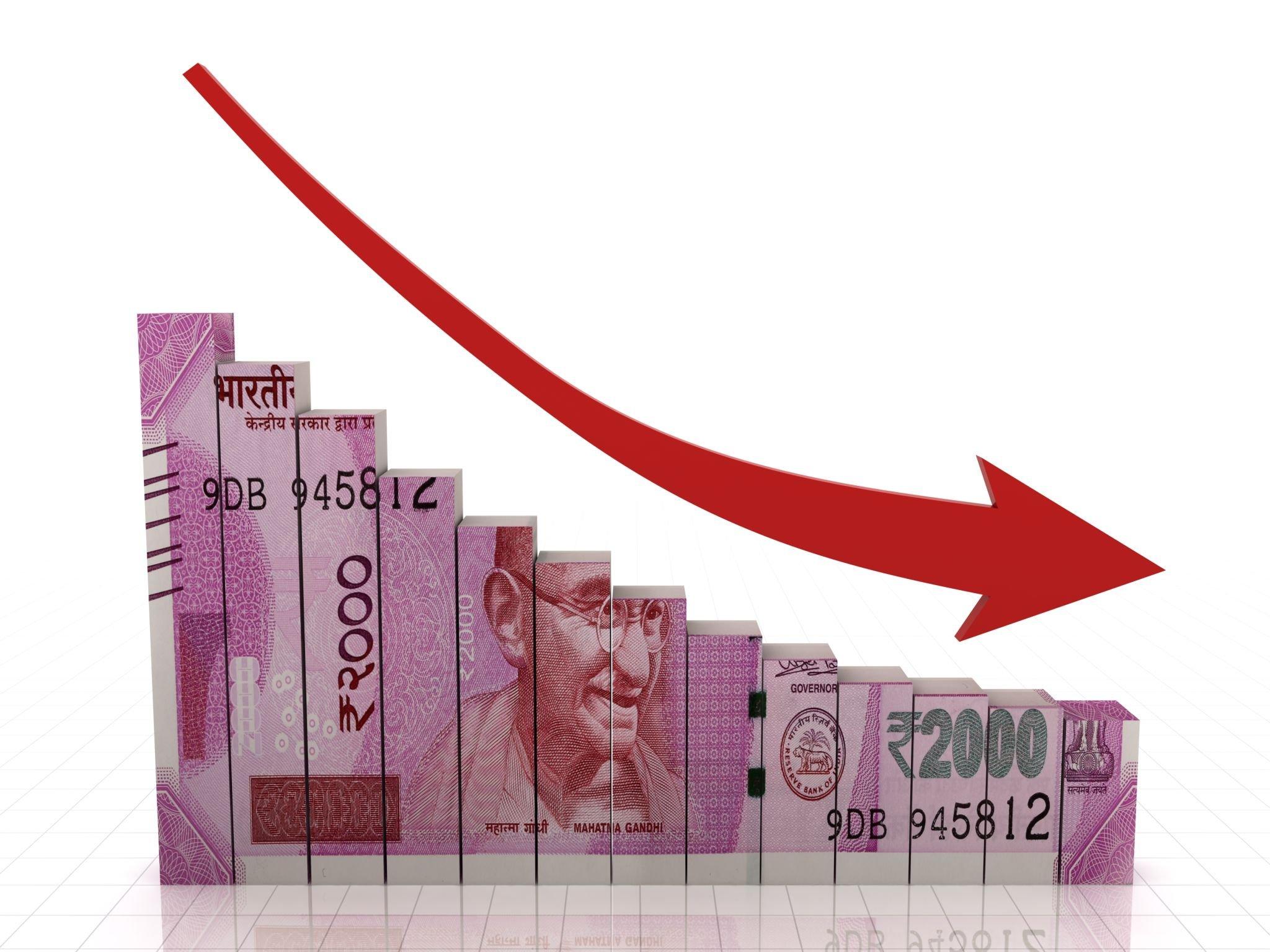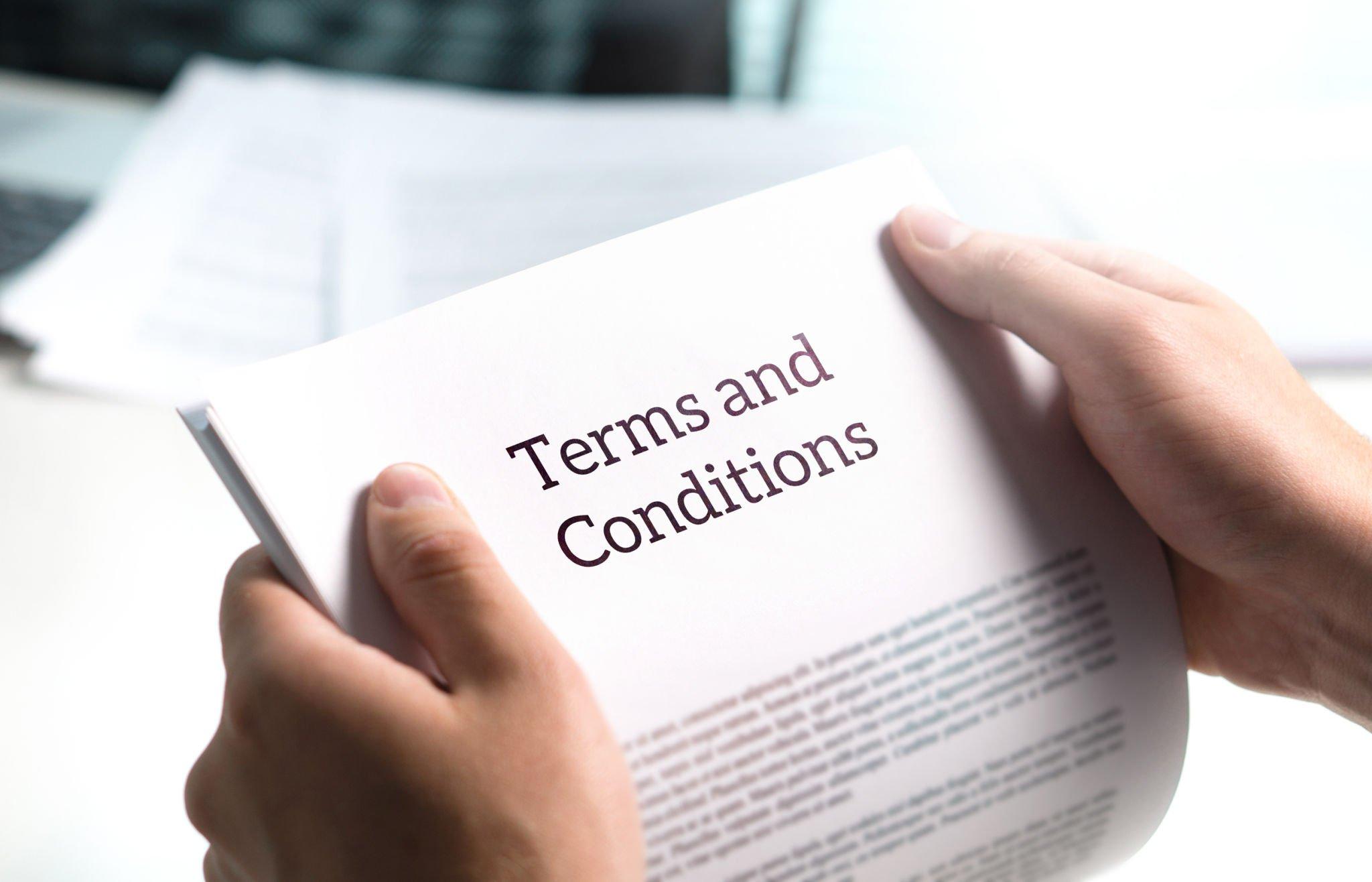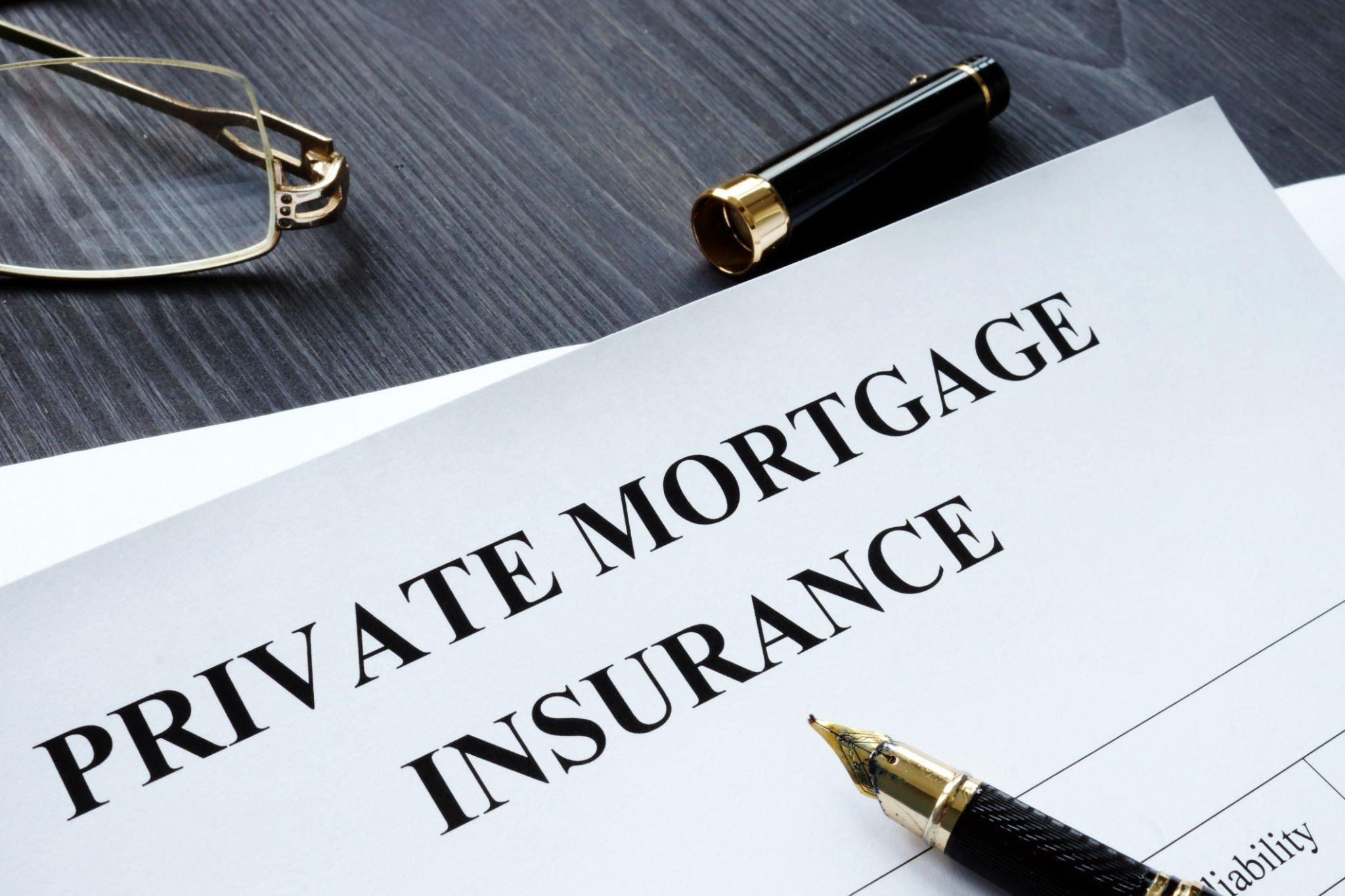
Owning a home in India is a dream cherished by many, and securing a mortgage is the crucial first step. But the journey doesn’t end there – choosing the right type of mortgage can significantly impact your financial future. One of the most critical decisions you’ll make is whether to opt for a fixed-rate or an adjustable-rate mortgage (ARM).
Understanding the nuances of each option and aligning it with your financial goals is crucial for navigating this crucial decision. Let’s delve into the world of fixed and adjustable-rate mortgages in India, exploring their pros and cons to help you determine the perfect fit.
Fixed-Rate Mortgages: The Pillar of Predictability
A fixed-rate mortgage, as the name suggests, offers the comfort of a constant interest rate throughout the entire loan term. This means your monthly payments remain the same, regardless of market fluctuations, providing predictability and stability in your financial planning.
Benefits of Fixed-Rate Mortgages:
- Peace of mind: Knowing exactly how much you’ll pay each month allows for budgeting ease and financial security.
- Protection from rising rates: If interest rates climb, your fixed rate shields you from the financial burden of increasing payments.
- Ideal for long-term homeowners: If you plan to stay in your home for the long haul, a fixed rate offers stability and protection from future rate uncertainties.
Drawbacks of Fixed-Rate Mortgages:
- Potentially higher initial rate: Fixed-rate mortgages typically have slightly higher interest rates compared to ARMs, especially during periods of low market rates.
- Limited flexibility: The fixed nature restricts the potential to benefit from future interest rate drops.
- Refinancing challenges: Refinancing a fixed-rate mortgage may not be advantageous if rates have fallen significantly.
Adjustable-Rate Mortgages: Navigating the Ups and Downs
An adjustable-rate mortgage (ARM) presents a different dynamic. The interest rate starts lower than fixed rates but can fluctuate periodically, typically based on a benchmark index like the Reserve Bank of India’s (RBI) repo rate. This variability introduces an element of risk and potential reward.
Benefits of Adjustable-Rate Mortgages:
- Lower initial rates: ARMs often boast significantly lower starting rates compared to fixed-rate mortgages, making them attractive for budget-conscious borrowers.
- Potential for savings: If interest rates remain low or decrease, you could benefit from lower monthly payments over the adjustable period.
- Flexibility to refinance: If rates drop further, you could potentially refinance your ARM to a lower fixed rate and lock in long-term savings.

Drawbacks of Adjustable-Rate Mortgages:
- Interest rate uncertainty: The possibility of future rate hikes can lead to unpredictable monthly payments, impacting budgeting and financial stability.
- Risk of negative equity: If rates rise significantly, your monthly payments could increase, potentially exceeding your income and even leading to negative equity.
- Complexity and potential hidden costs: ARMs often come with more complex terms and fees, requiring careful consideration and professional guidance.
Choosing the Right Path: A Guide to Indian Homeowners
So, which type of mortgage is right for you? The answer, like most financial decisions, depends on your individual circumstances and risk tolerance. Here are some key factors to consider:
- Financial stability: If your income is consistent and you prioritize predictability, a fixed-rate mortgage may be the safer bet.
- Interest rate outlook: If you believe interest rates will remain low or decline further, an ARM could offer lower initial payments and potential savings.
- Holding period: If you plan to stay in your home for a short period or intend to refinance soon, an ARM may offer flexibility.
- Risk tolerance: If the thought of fluctuating monthly payments due to rising rates concerns you, a fixed-rate mortgage provides peace of mind.
Beyond the Rate: Additional Factors to Ponder
Your mortgage decision goes beyond just the interest rate type. Consider these additional factors:
- Loan term: Choose a loan term that aligns with your financial goals and repayment capacity.
- Down payment: A higher down payment can reduce the loan amount and potentially secure a lower interest rate.
- Prepayment penalties: Some mortgages have prepayment penalties, which can restrict your ability to pay off the loan early.
- Processing fees and other costs: Compare processing fees, closing costs, and other charges associated with different lenders and mortgage types.
Conclusion: Finding Your Mortgage Harmony
Choosing the right mortgage is like striking a harmonious chord – balancing predictability with potential reward, stability with flexibility. Whether you opt for the comforting constancy of a fixed-rate mortgage or embrace the dynamic potential of an ARM, prioritize thorough research, financial prudence, and expert guidance.
In the grand symphony of homeownership, where every note counts, remember – the perfect mortgage is one that resonates with your financial rhythm, allowing you to build your dream home with confidence and a secure future. So, listen carefully to the options, consider your financial score, and conduct the symphony of informed decision-making.
With careful planning and the right choice, you can unlock the door to a fulfilling homeownership journey, one monthly payment at a time.






